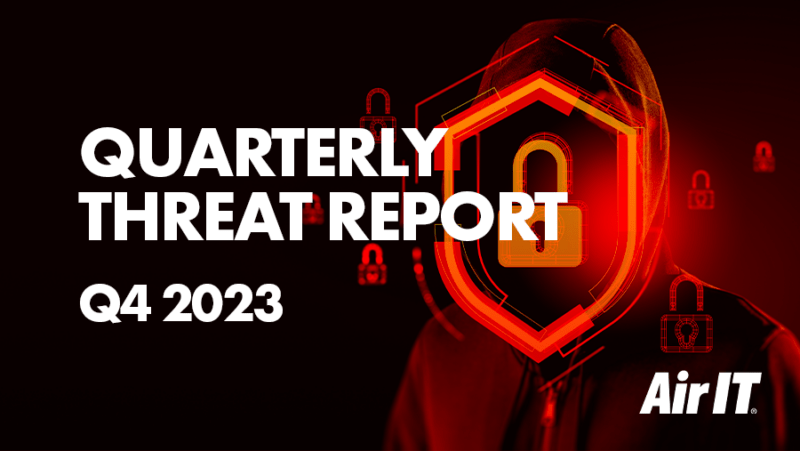Compliance goes hand in hand with cyber security. After all, there is no point spending time, money and resources on your information security processes if a cybercriminal can easily gain access to your systems and data. In this article, we explain the basics of PCI and ISO 27001 and why penetration testing is an essential part of compliance.

Since the start of the pandemic, there has been a huge increase in our dependence on technology. Businesses across the world have had to adapt to online trade, and consumers are relying heavily on e-commerce, yet businesses are having to adapt to a remote working model which increases their vulnerability to cybercrime. So, it’s more important than ever to ensure compliance with PCI and retain consumer trust – and penetration testing can help with this.
What is PCI DSS compliance?
PCI DSS stands for Payment Card Industry Data Security Standard. It is an international security standard set up to help organisations prevent credit card fraud by ensuring secure payment processing.
Who must comply with PCI DSS?
It is mandatory for businesses and organisations which accept, transmit, process or store any data from payment card holders. This is regardless of the number or size of transactions, and the method with which payments are made.
How to comply with PCI DSS
There are several specific requirements for PCI DSS compliance, but the main goals are as follows:
- Build and maintain a secure network
- Protect cardholder data
- Maintain a vulnerability management program
- Implement strong access control measures
- Regularly monitor and test networks
- Maintain an information security policy
Compliance requirements can vary and it’s up to the organisation in question to establish what is legally required from them. It’s important to seek professional advice in order to ensure you understand the regulations that apply to you.
What is ISO 270001 compliance?
ISO 27001 sets the international standard for information security management. This accreditation demonstrates best practice in managing sensitive information regarding your business and customers.
It isn’t mandatory, but it proves that an organisation has robust systems in place to protect important assets, which instils confidence in customers and other stakeholders.
How to comply with ISO 27001
Security challenges vary from business to business, so there is no set approach. Organisations must provide documentation of certain processes and policies they have put in place regarding information security.
Some of these documents include risk assessment and treatment reports, inventory and acceptable use of assets, access control policy, and incident management procedures, to name a few.
What is penetration testing and why is it essential for PCI and ISO 27001 compliance?
A penetration test can judge whether your systems are strong enough to prevent cyberattacks.
An authorised professional will carry out the test, ethically replicating techniques used by hackers in an attempt to gain access to your systems and data.
It’s vital that companies can securely process payments in compliance with PCI DSS, and pen testing is one of the ways in which this must be ensured.
Annual penetration testing is a legal requirement for PCI compliance and is highly recommended for ISO 27001.
Which types of pentesting are relevant for compliance?
- Network penetration tests identify vulnerabilities and weaknesses in IT systems now that they’re used in different ways than originally intended.
- Social engineering penetration tests simulate real-life cyberattacks by sending out would-be phishing emails to staff, identifying how employees might respond to a real threat. So, you can gauge the effectiveness of any user awareness, and whether further training is required.
- Web application penetration tests identify vulnerabilities in websites and web services resulting from insecure practices in their design, coding or publishing.
- Wireless penetration tests assess your wireless infrastructure, such as company and guest Wi-Fi networks, in order to detect any vulnerabilities that may leave you open to hackers.
What are the consequences of non-compliance?
Without regularly testing your cyber security systems and ensuring compliance, your business is at significant risk of cyber attacks and therefore data breaches.
Since PCI DSS is a legal requirement, you can face heavy fines for non-compliance – and that’s just the tip of the iceberg.
Such a huge disruption of service can be catastrophic for businesses. It can lead to significant downtime and clear-up costs, not to mention loss of consumer trust and a damaged reputation. These are things that can take a long time to recover from.
Does your business need a pen test?
Here at Air IT, our cyber security experts are accredited and certified to carry out penetration tests. Using the latest threat intelligence and ethical hacking techniques, we’ll identify any vulnerabilities and help you to mitigate risk from cyber threats.
To find out more, please don’t hesitate to get in touch with our friendly team.




